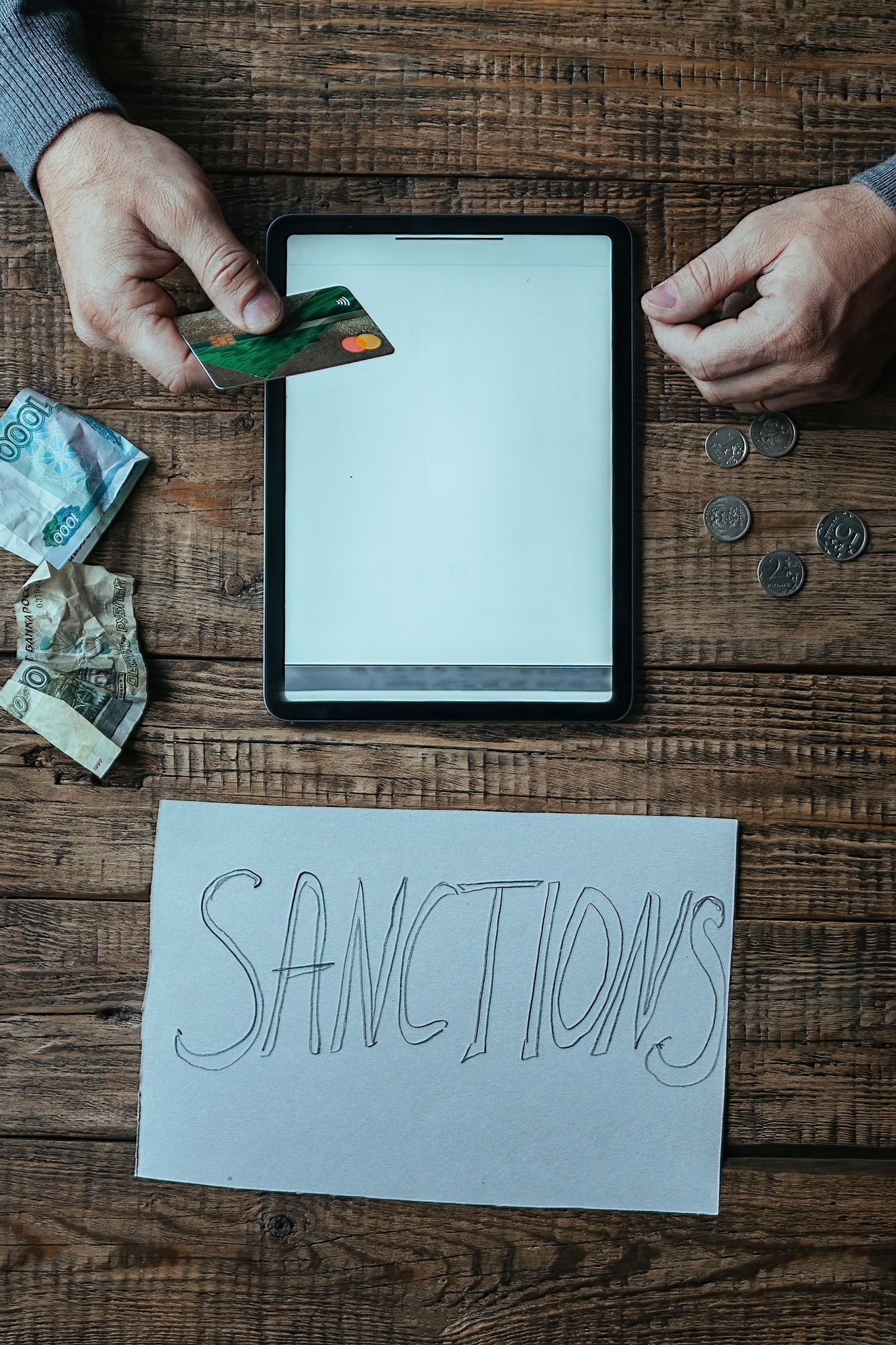In the dawn of the drone era, the skies are no longer the exclusive domain of birds and aircraft. Unmanned aerial vehicles, or, as they are more commonly known, drones, have taken flight in a big way. Yet, with this new frontier of flying comes a slew of regulations and requirements. As drone owners, it’s vital to understand the rules of the sky. The UK Civil Aviation Authority (CAA), the statutory corporation that oversees the British airspace, has specific penalties for those who choose to fly their drones illegally. These penalties can range from fines to imprisonment. This article will delve into the details of the CAA’s drone regulations and the potential repercussions for non-compliance.
Understanding the CAA Drone Regulations
Before we dive into the penalties for illegal drone use, it’s important to understand what constitutes "illegal" in the first place. The CAA has laid out specific regulations for drone operations. These guidelines are designed to ensure the safety and privacy of the public, as well as to protect the integrity of UK airspace.
A voir aussi : Which are the top-rated electric cars eligible for UK government grants in 2023?
The CAA stipulates that drones must not be flown:
- Within 50 metres of people, vehicles, buildings, or structures
- Over congested areas or large gatherings such as concerts and sports events
- Beyond the pilot’s line of sight, usually taken to be about 500 metres
- Above 400 feet (120 metres) from the ground.
Furthermore, commercial drone operators are required to obtain a permission from the CAA to conduct any commercial operations.
A découvrir également : What are the updated guidelines for UK tourists visiting the Schengen Area post-Brexit?
The Penalties for Non-compliance
So, what happens if these regulations are ignored? The penalties can be severe. If a drone is flown illegally, the operator can face a range of penalties from the CAA. These penalties are not just empty threats. They have been enforced and have resulted in significant fines and even jail time in certain cases.
The CAA has the power to issue a fine of up to £1,000 if a drone is flown without due care and attention, or if it’s flown beyond the pilot’s line of sight or above the stipulated height. If you fly your drone over a congested area without permission, the fine could rise to £2,500.
For commercial operators, the penalties can be even more severe. If you operate a drone commercially without the required CAA permission, you could face a fine of up to £5,000.
Prosecution and Imprisonment
In extreme cases, prosecution and imprisonment can result from severe breaches of drone regulations. For instance, if a drone endangers the safety of an aircraft, it is a criminal offence that can result in a prison sentence of up to five years.
Whilst these penalties might seem extreme, they are a reflection of how seriously the CAA and the UK government view the potential risks posed by drones. It’s important to remember that a drone is not just a toy. It is a remote aircraft, capable of causing considerable damage and disruption if not handled responsibly.
The Importance of Drone Pilot Education
The rise in drone popularity has led to a corresponding need for education among drone pilots. Many people might buy a drone without being fully aware of the legal requirements for operating one.
Drone pilot education is crucial in ensuring all drone operators are aware of and respect the regulations set forth by the CAA. It is about more than just avoiding penalties. It’s about fostering a culture of safety and responsibility among drone operators.
The CAA has made efforts to increase public awareness of drone regulations through campaigns such as the Dronecode. This code provides easy-to-understand guidance on how to fly a drone safely and legally. The CAA also offers a drone registration and education scheme for drone operators.
The Future of Drone Regulations
The future of drone regulations is likely to involve even tighter controls as drones become more advanced and widespread. The CAA is continually adapting its regulations to keep pace with the rapid evolution of drone technology.
The introduction of new regulations such as the European Union’s UAS Regulation Package in 2021, which the UK has adopted, indicate the direction of travel. These regulations introduce a risk-based approach to drone regulations, categorising operations into ‘open’, ‘specific’ and ‘certified’ categories, each with its own set of rules and requirements.
As drone technology continues to evolve, so too will the corresponding regulations and penalties for non-compliance. Now, more than ever, it is crucial for drone operators to stay informed about the latest rules and regulations to avoid falling foul of the law.
Staying Updated with Drone Laws
As the owner of a drone, it’s essential to stay updated with the latest drone laws and regulations. The Civil Aviation Authority (CAA), the body responsible for overseeing UK airspace, regularly updates its laws to match the fast-paced development of drone technology. This includes different categories of drone usage, such as ‘open’, ‘specific’, and ‘certified’, each with its own set of rules, operational authorisation, and requirements.
The ‘open’ category, for instance, is typically for lower-risk drone operations. It encompasses most types of recreational drone flying, where the aircraft remains within the visual line of sight of the remote pilot, and is not flown over any uninvolved people. This category requires no operational authorisation but might have specific restrictions depending on the drone model and the area where you plan to fly.
The ‘specific’ category covers riskier or more complex operations. In this case, drone pilots are required to conduct a thorough risk assessment and apply for an operational authorisation from the CAA. This category can include, for instance, flying drones beyond the visual line of sight, or over congested areas.
Data protection is also an important aspect of drone laws. As many drones, especially those used commercially, are equipped with cameras, adherence to data protection laws is crucial to avoid invasion of privacy. Ignorance of these laws could lead to penalties, which the CAA is becoming increasingly strict in enforcing.
Avoiding Penalties Through Drone Pilot Training
Drone pilot training is a crucial aspect of responsible drone ownership. With drone popularity soaring, many new drone owners might not be fully aware of the laws surrounding drone usage. This lack of knowledge can lead to unintentional breaches of the law, potentially resulting in fines and even imprisonment.
Training programs, such as those offered by the CAA, not only help drone pilots navigate the sky safely but also help them understand the legalities of flying a drone. These programs typically cover essential elements such as understanding airspace restrictions, interpreting weather reports, and learning emergency procedures.
In addition to formal training, pilots can also access resources like the Dronecode, a guide created by the CAA that offers easy-to-understand instructions for responsible drone flying. This includes safety tips, such as maintaining a distance of at least 50 metres from people and buildings, and not flying above 400 feet.
Conclusion
The risks posed by drones, particularly when flown irresponsibly, are considerable. The CAA, therefore, takes drone regulations and their enforcement seriously. The penalties for non-compliance range from hefty fines to imprisonment and are designed to encourage drone pilots to respect the rules that have been put in place for the sake of everyone’s safety.
Staying informed of the latest drone laws, understanding the rules of the relevant drone category, and undergoing drone pilot training are all crucial steps in ensuring that you fly your drone legally and safely. As the future of drone regulations looks set to involve even tighter controls, it’s now more vital than ever for drone operators to fully understand their responsibilities and the potential consequences of not adhering to them. Remember: a drone is not just a model aircraft or a toy—it’s a piece of advanced technology that requires careful operation.













